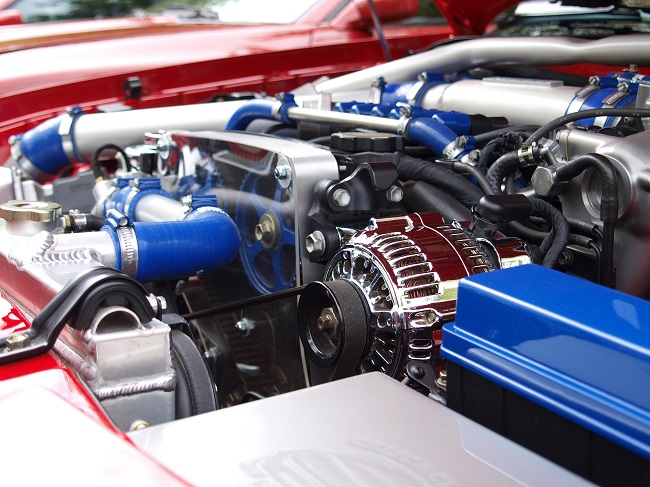Fast cars, skilled drivers, and revving engines got our adrenaline rushing in the recently concluded Formula 1 Grand Prix. And while thousands of people gush over the talented drivers, the other admirable aspect of F1 races are the highly trained pit crews.
Their perfect choreography, precise movements, and quick wit play a significant role in the team’s overall success.
Team leaders and project managers can learn a lot from pit stop crews to build better teams in the office.
How to get your Team to work like a Formula One pit crew
1. Get the right people behind the wheel
Both in the sporting world and at work, the first step to building the best team is to find the people fit for the job, so see to it that you screen applicants meticulously. Aside from their technical skills, ensure the people you hire will also fit the type of culture you are promoting, to avoid any possible issues in the future due to differences. Remember that the outcome of your work will depend on your people, so aim to get the best!
2. It all comes down to training
Now that you’re able to form a group of talented people, it’s time to enhance their skills and instill a common goal to succeed. Pit crews train as hard as F1 drivers because a failure on their part can cost the whole race. In the office, your team members must continuously train and learn to maximise their potential to always get the best results.
3. Plan, plan, plan
Months before the actual F1 Grand Prix, the whole team meets and strategises to let everyone know of their roles and gameplay. This part is vital to being able to reach the finish line, and hopefully win. As a team leader, you must spearhead these meetings and lead your team to come up with a good, strategic plan. Make sure to delegate tasks according to your members’ strengths, and focus on both the short-term and long-term goals for a holistic approach to success.
4. Work together, but respect individualism
Even if pit crews work as a team, they are efficient at what they do because they remember to prioritise their own tasks. They learn to trust each other, and understand each other’s (and their own) strengths and weaknesses. Office teams must also practice this trait. Being collaborative is different from sticking your nose in everyone’s business. It’s good to offer help, but sometimes, you must also have faith that your colleagues can do their jobs as much as they trust you.
Need a Career Booster? Find out how we can help steer your CV into the right hands.
FAQ on Things to learn from F1 Pit Crew
Q:1 What can we learn from F1 pit crews about teamwork?
A: F1 pit crews teach us essential teamwork lessons, including the significance of collaboration, efficiency, communication, and adaptability. These qualities contribute to seamless teamwork and achieving goals effectively.
Q:2 How does collaboration play a role in F1 pit crews?
A: Collaboration is key in F1 pit crews. Each member has a specific role, and they work together harmoniously to achieve quick and precise pit stops. Team members trust and rely on one another’s expertise, emphasizing the importance of teamwork.
Q:3 Why is efficiency important for F1 pit crews?
A: Efficiency is crucial for F1 pit crews as every second counts during a pit stop. They optimize their processes, minimize downtime, and execute tasks swiftly. This highlights the significance of efficiency in achieving team goals promptly.
Q:4 How does communication impact F1 pit crews’ performance?
A: Communication is vital for F1 pit crews to synchronize their actions effectively. They use clear and concise communication methods to ensure seamless coordination and minimize errors. Effective communication fosters a cohesive team environment.
Q:5 Why is adaptability important for F1 pit crews?
A: F1 pit crews face unpredictable situations during races, requiring them to adapt quickly. They adjust their strategies, roles, and processes to overcome challenges. Adaptability is a crucial skill for success in any team-driven environment, allowing teams to thrive in dynamic situations.




